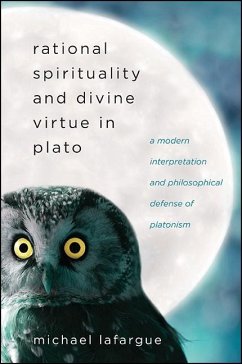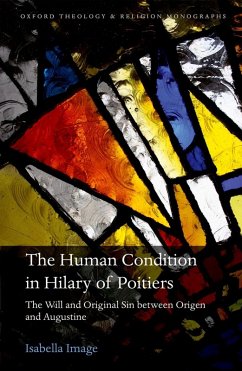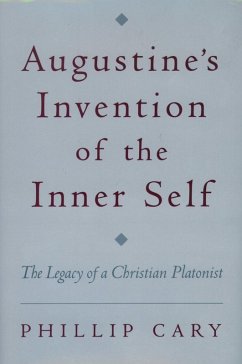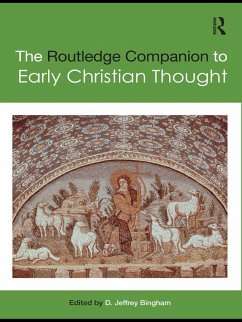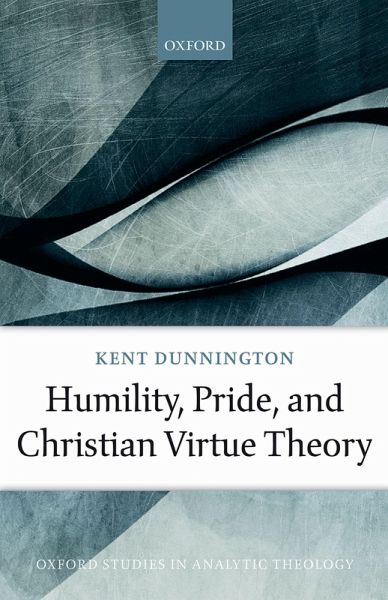
Humility, Pride, and Christian Virtue Theory (eBook, ePUB)
Versandkostenfrei!
Sofort per Download lieferbar
38,95 €
inkl. MwSt.
Weitere Ausgaben:

PAYBACK Punkte
19 °P sammeln!
Humility, Pride, and Christian Virtue Theory proposes an account of humility that relies on the most radical Christian sayings about humility, especially those found in Augustine and the early monastic tradition. It argues that this was the view of humility that put Christian moral thought into decisive conflict with the best Greco-Roman moral thought. This radical Christian account of humility has been forgotten amidst contemporary efforts to clarify and retrieve the virtue of humility for secular life. Kent Dunnington shows how humility was repurposed during the early-modern era-particularly...
Humility, Pride, and Christian Virtue Theory proposes an account of humility that relies on the most radical Christian sayings about humility, especially those found in Augustine and the early monastic tradition. It argues that this was the view of humility that put Christian moral thought into decisive conflict with the best Greco-Roman moral thought. This radical Christian account of humility has been forgotten amidst contemporary efforts to clarify and retrieve the virtue of humility for secular life. Kent Dunnington shows how humility was repurposed during the early-modern era-particularly in the thought of Hobbes, Hume, and Kant-to better serve the economic and social needs of the emerging modern state. This repurposed humility insisted on a role for proper pride alongside humility, as a necessary constituent of self-esteem and a necessary motive of consistent moral action over time. Contemporary philosophical accounts of humility continue this emphasis on proper pride as a counterbalance to humility. By contrast, radical Christian humility proscribes pride altogether. Dunnington demonstrates how such a radical view need not give rise to vices of humility such as servility and pusillanimity, nor need such a view fall prey to feminist critiques of humility. But the view of humility set forth makes little sense abstracted from a specific set of doctrinal commitments peculiar to Christianity. This study argues that this is a strength rather than a weakness of the account since it displays how Christianity matters for the shape of the moral life.
Dieser Download kann aus rechtlichen Gründen nur mit Rechnungsadresse in A, B, BG, CY, CZ, D, DK, EW, E, FIN, F, GR, HR, H, IRL, I, LT, L, LR, M, NL, PL, P, R, S, SLO, SK ausgeliefert werden.





